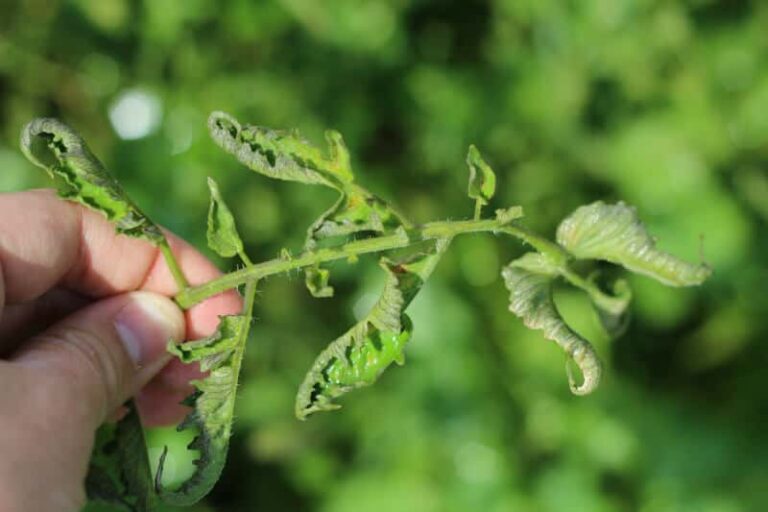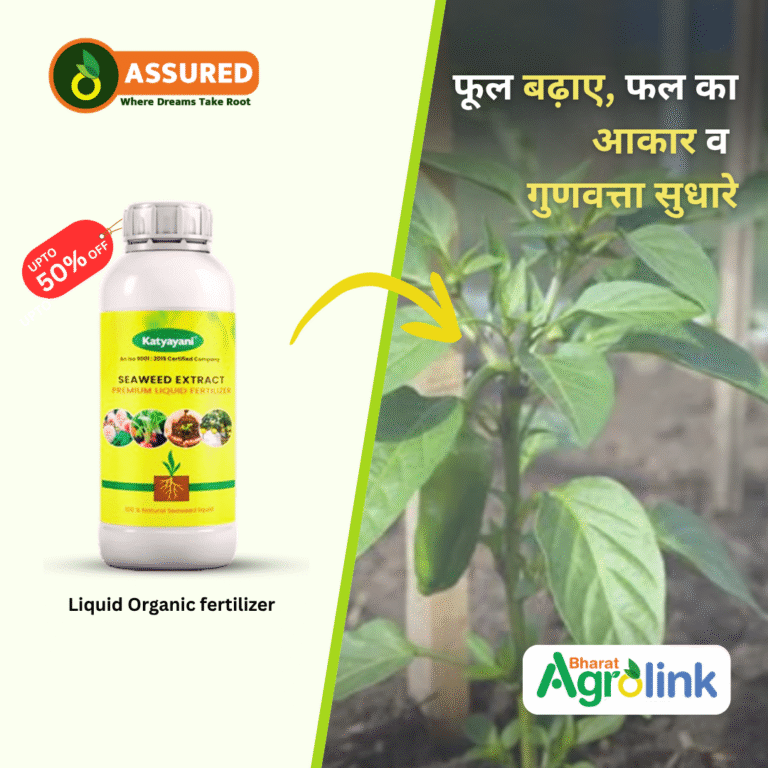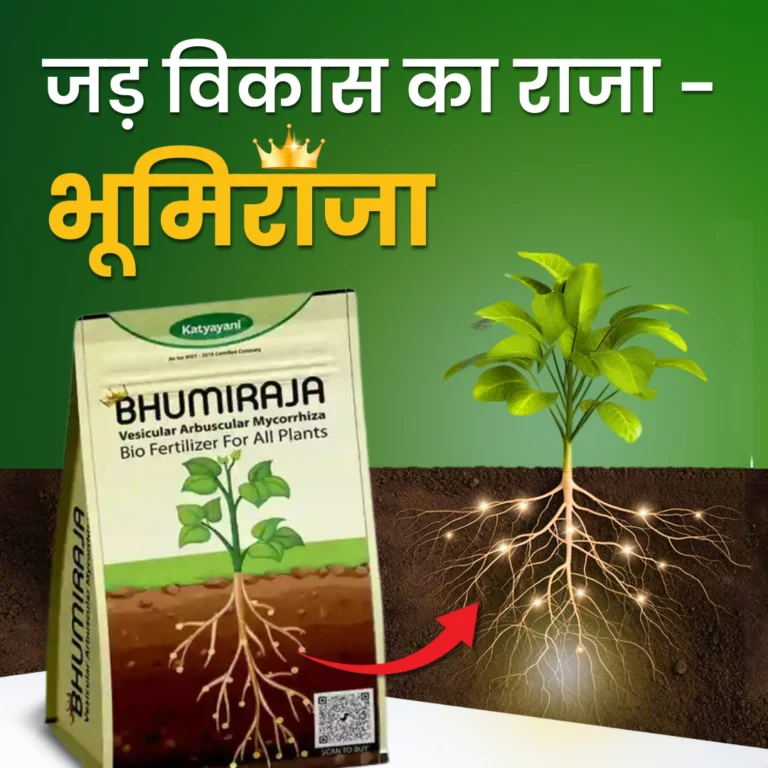
As a farmer, you understand that healthy soil is essential for a good harvest. But how exactly does the condition of your soil affect the quality of your crops? Let’s break down this important connection and share some easy-to-follow tips to help you improve your soil and boost your crop quality.
Why Soil Health is Important
Soil is more than just the ground beneath your feet; it’s a living system full of nutrients, microbes, and organic matter that supports plant growth. When your soil is healthy, your crops can flourish, leading to better yields and higher-quality produce. However, poor soil can result in weaker plants, lower yields, and produce that’s less nutritious and tasty.
Soil Health and Crop Quality
- Nutrients for Growth: Healthy soil is packed with essential nutrients like nitrogen, phosphorus, and potassium. These nutrients help crops grow strong and healthy. When the soil lacks these nutrients, crops struggle to develop properly, leading to lower quality.
- Water Management: Healthy soil holds water well, ensuring plants get the right amount they need. Too much or too little water can harm crops, but good soil structure helps balance this, leading to healthier plants and better produce.
- Disease Resistance: Healthy soil promotes beneficial microbes that help protect plants from diseases. When your soil is thriving, your plants are more likely to resist pests and diseases, leading to healthier crops.
- Root Development: Healthy soil supports strong root systems, which are essential for absorbing nutrients and water. Strong roots mean healthier, more robust plants and higher-quality crops.
Tips for Improving Soil Health
To enhance your soil’s health and, in turn, improve your crop quality, here are some practical steps:
- Test Your Soil Regularly: Regular soil testing helps you understand its nutrient levels and pH balance. This information is crucial for making the right fertilization and amendment choices.
- Add Organic Matter: Compost, manure, and cover crops enrich the soil, improving its structure, water retention, and nutrient content. Organic matter feeds the soil’s living organisms, keeping it healthy and productive.
- Practice Crop Rotation: Rotating different crops each season prevents nutrient depletion and reduces pest and disease buildup. This keeps the soil fertile and balanced.
- Minimize Tillage: Excessive tilling can damage soil structure and reduce organic matter. Consider no-till or reduced-till methods to protect and maintain soil health.
- Use Mulch: Mulching helps retain moisture, regulate soil temperature, and suppress weeds. Organic mulches also decompose, adding nutrients to the soil over time.
- Plant Cover Crops: Cover crops like clover or rye protect the soil during off-seasons, prevent erosion, and add nutrients, improving overall soil health.
- Fertilize Wisely: Use fertilizers based on your soil test results. Over-fertilization can harm the soil and lead to nutrient imbalances. Organic fertilizers are a great way to enrich the soil naturally.
- Manage Water Efficiently: Proper irrigation ensures crops get the water they need without overwatering, which can lead to nutrient loss and soil compaction.
How eBijuka Can Help
eBijuka is here to help you achieve healthy soil and top-quality crops. We offer soil testing services, organic fertilizers, and expert guidance tailored to your farm’s needs. With eBijuka’s help, you can adopt sustainable practices that improve soil health, boost crop yields, and enhance the overall success of your farm.
Conclusion
Healthy soil is the foundation of high-quality crops. You can enjoy better yields and more nutritious produce by improving your soil through these simple steps. Let eBijuka be your partner in achieving sustainable and profitable farming.






